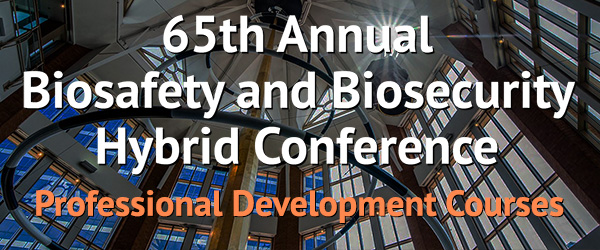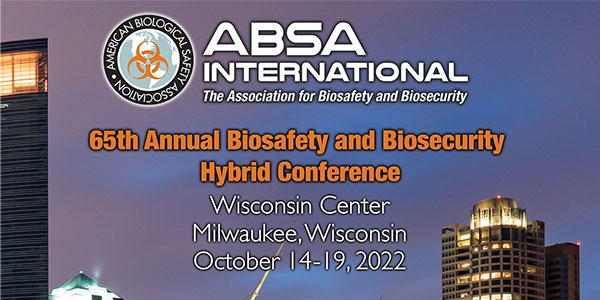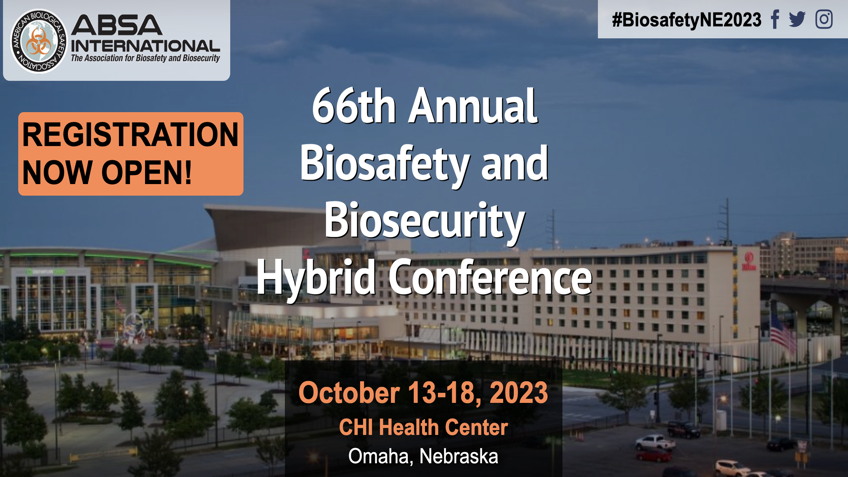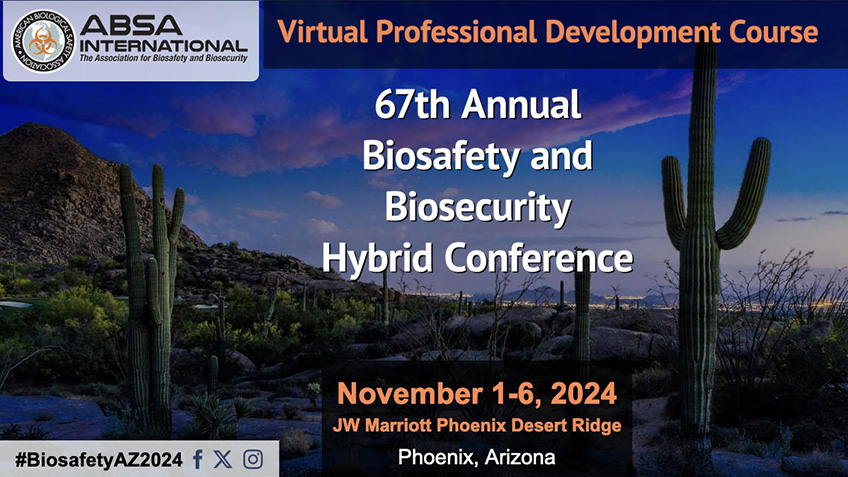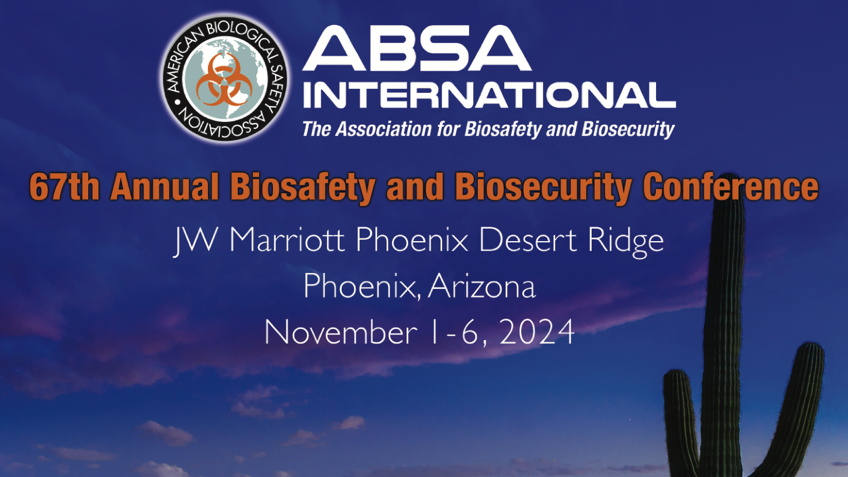1V. Animal Research for Biosafety Professionals – An Introduction
Zoom , United StatesMonday, September 12, and Wednesday, September 14, 2022, from 12:30 PM - 5:00 PM CDT 1V. Animal Research for Biosafety Professionals – An Introduction Susan Harper, DVM, DACLAM, DACVPM, RBP(ABSA), NIH—Office of Animal Care and Use, Bethesda, MD Lesley Colby, DVM, DACLAM, University of Washington, Seattle, WA Animal Research has contributed to major scientific advances in biomedical, veterinary, and environmental sciences and in public health. However, these efforts often pose significant risks to the health and safety of research and facility staff due to the wide range of species, complex experimental procedures and equipment, and facility hazards that are involved. [...]

